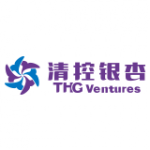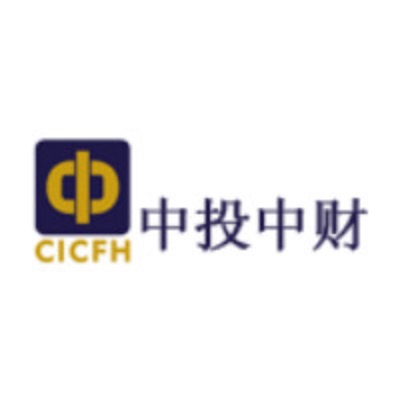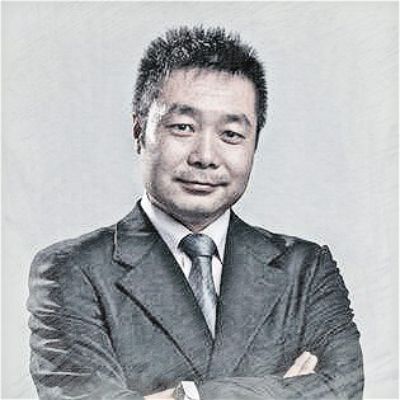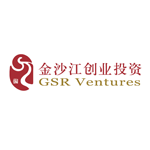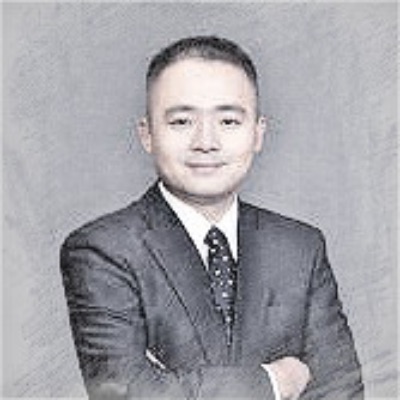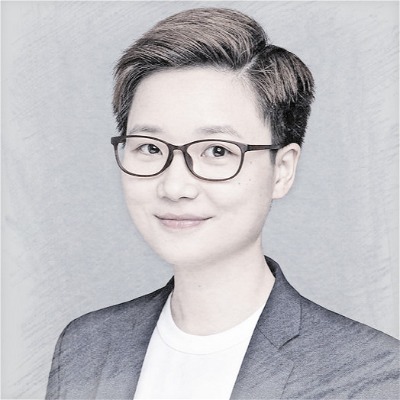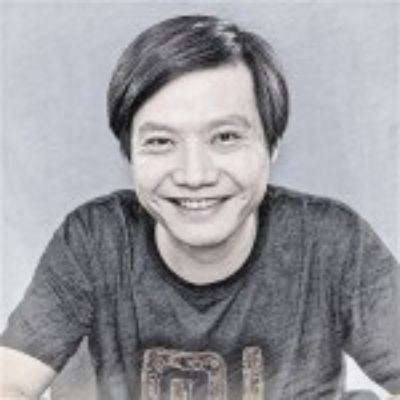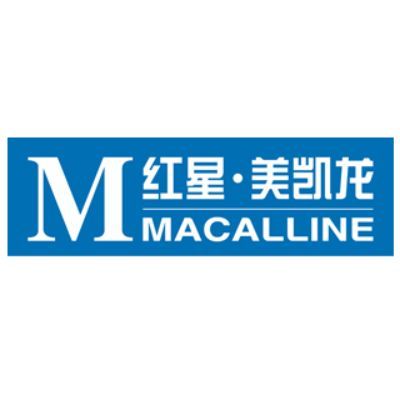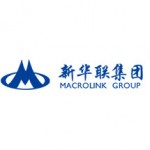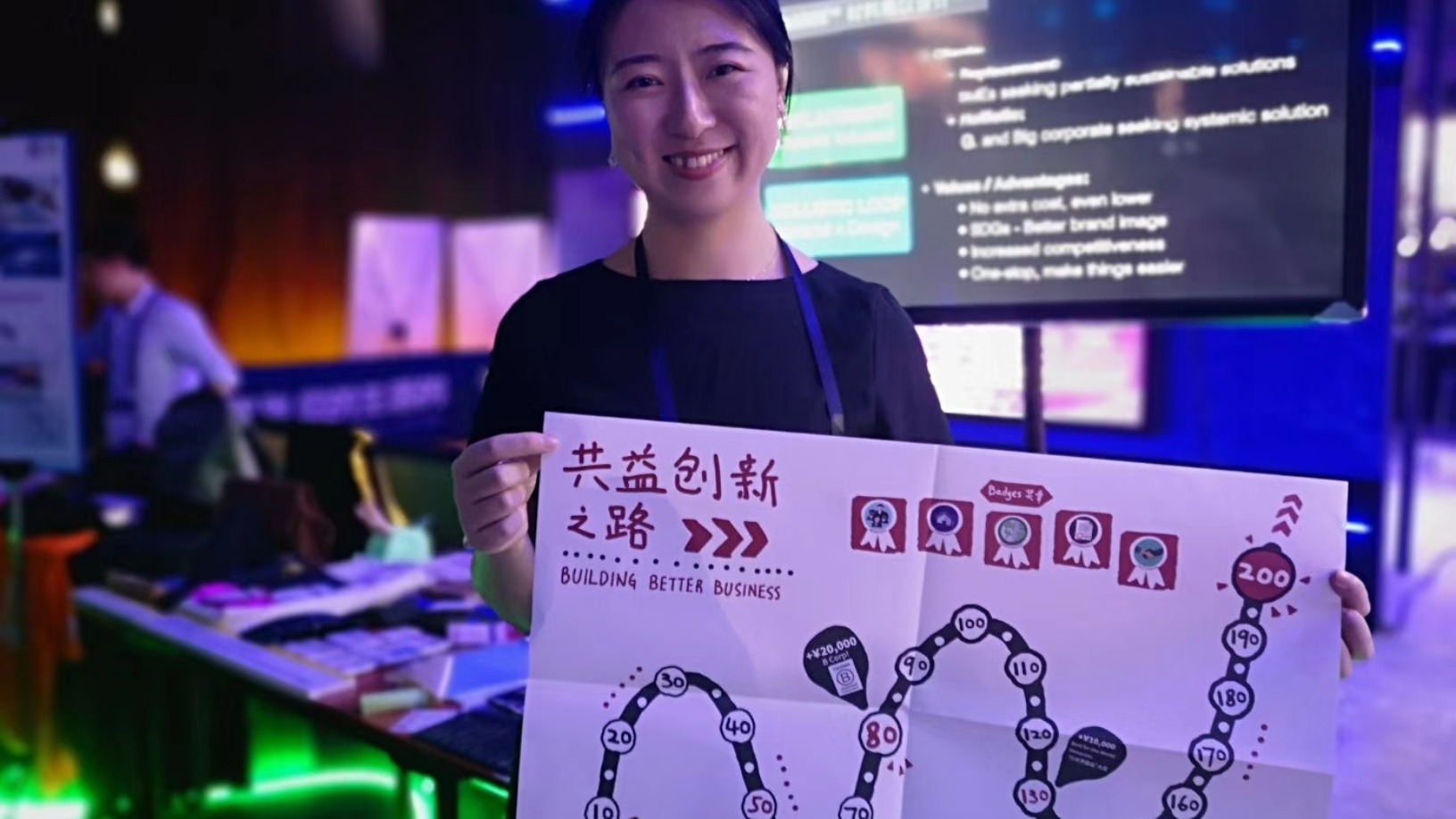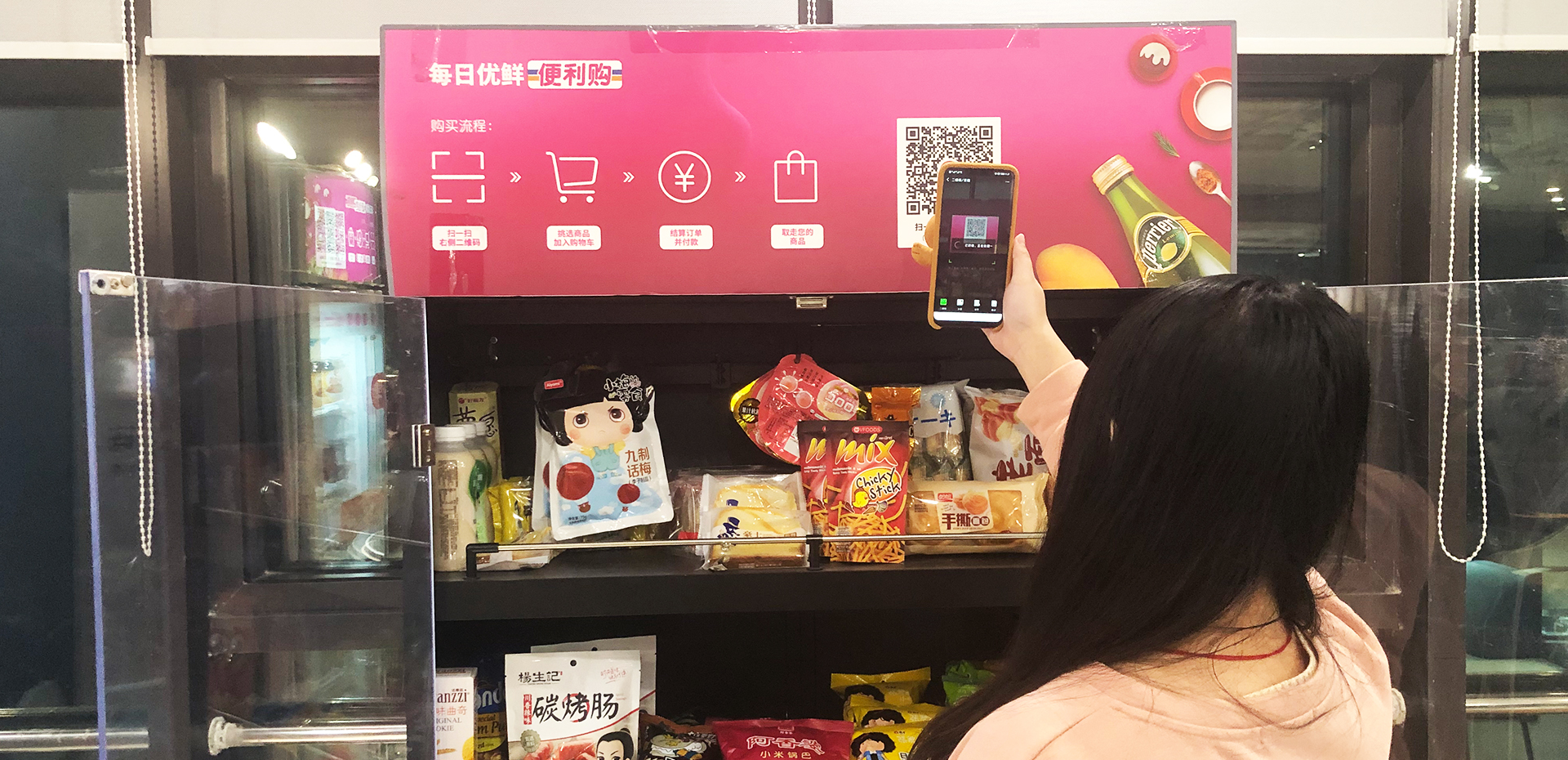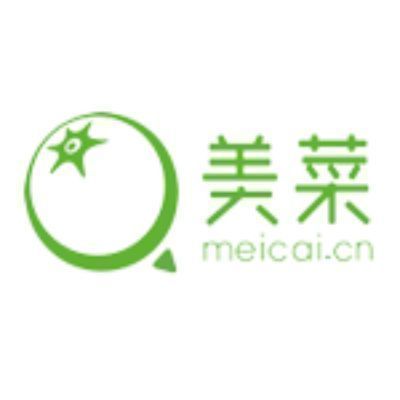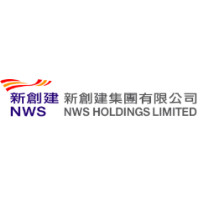Bank of China
-
DATABASE (995)
-
ARTICLES (811)
Healthcare-focused investment firm Vivo Capital was formed in 1996. Today it has over US$1.8 billion under management, making investments into private and public healthcare companies in the US and Greater China, as well as into promising early-stage innovative healthcare companies.
Healthcare-focused investment firm Vivo Capital was formed in 1996. Today it has over US$1.8 billion under management, making investments into private and public healthcare companies in the US and Greater China, as well as into promising early-stage innovative healthcare companies.
The VC arm of Tsinghua University, THG Ventures was founded in 2015. It is managed by the investment team from the state-owned Tsinghua Holdings Ltd., which has specialized in venture capital investments since 1999 and is one of the first China teams focused on RMB investment. The team also founded TusPark Incubator and TusPark Ventures.
The VC arm of Tsinghua University, THG Ventures was founded in 2015. It is managed by the investment team from the state-owned Tsinghua Holdings Ltd., which has specialized in venture capital investments since 1999 and is one of the first China teams focused on RMB investment. The team also founded TusPark Incubator and TusPark Ventures.
ATM Capital is a China-based venture capital firm with a focus on Southeast Asia. In 2017, ATM Capital participated in the seed round of Indonesian coworking space operator Rework (now GoWork). Its its partners have invested in Go-Jek, Rocket Internet and several Chinese companies. It closed its US$200 million fund in January 2019.
ATM Capital is a China-based venture capital firm with a focus on Southeast Asia. In 2017, ATM Capital participated in the seed round of Indonesian coworking space operator Rework (now GoWork). Its its partners have invested in Go-Jek, Rocket Internet and several Chinese companies. It closed its US$200 million fund in January 2019.
CICFH was co-founded in 2013 by China Investment Securities, ZhongCai Financial Holding Investment and other companies. Based in Tianjin, the VC manages multiple funds worth over RMB 80bn in total.CICFH focuses on M&A in emerging industries and mainly invests in sectors of media, arts, entertainment, healthcare, fintech and environmental technology through multiple funds established with other enterprises. It has also set up multiple FoFs, partnering with provincial governments to spur the development of certain industries.
CICFH was co-founded in 2013 by China Investment Securities, ZhongCai Financial Holding Investment and other companies. Based in Tianjin, the VC manages multiple funds worth over RMB 80bn in total.CICFH focuses on M&A in emerging industries and mainly invests in sectors of media, arts, entertainment, healthcare, fintech and environmental technology through multiple funds established with other enterprises. It has also set up multiple FoFs, partnering with provincial governments to spur the development of certain industries.
Chief Scientist and Co-founder of AISpeech
After receiving his master’s in Automation from Tsinghua University in 2002, Yu joined the Machine Intelligence Laboratory at the University of Cambridge, where he obtained his doctorate in Engineering in 2006. Yu was a co-founder of VocallQ, a UK-based voice technology startup. Apple acquired the firm in 2015. Yu returned to China in 2008. In 2012, he set up the SpeechLab, which specializes in intelligent speech recognition technology R&D, at Shanghai Jiao Tong University (SJTU). He is a senior member of the Institute of Electrical and Electronics Engineers and a professor at SJTU.
After receiving his master’s in Automation from Tsinghua University in 2002, Yu joined the Machine Intelligence Laboratory at the University of Cambridge, where he obtained his doctorate in Engineering in 2006. Yu was a co-founder of VocallQ, a UK-based voice technology startup. Apple acquired the firm in 2015. Yu returned to China in 2008. In 2012, he set up the SpeechLab, which specializes in intelligent speech recognition technology R&D, at Shanghai Jiao Tong University (SJTU). He is a senior member of the Institute of Electrical and Electronics Engineers and a professor at SJTU.
With about $2 billion under management, this VC fund invests primarily in early- and growth-stage global companies with substantial businesses in China, namely in the semiconductor, Internet, wireless, new media and cleantech sectors. GSR Ventures has backed Didi, Ele.me, among others, and was involved in the $2.8 billion purchase of an 80% stake in Philips's LED components and automotive business. It has offices in Beijing, Hong Kong and Silicon Valley.
With about $2 billion under management, this VC fund invests primarily in early- and growth-stage global companies with substantial businesses in China, namely in the semiconductor, Internet, wireless, new media and cleantech sectors. GSR Ventures has backed Didi, Ele.me, among others, and was involved in the $2.8 billion purchase of an 80% stake in Philips's LED components and automotive business. It has offices in Beijing, Hong Kong and Silicon Valley.
Bristol Myers Squibb or BMS is one of the world’s largest biopharmaceutical companies developing medicines in oncology, hematology, immunology and cardiovascular disease. It invests directly and via VC funds, including Life Sciences Partners (LSP) and BioGeneration Ventures, as LP. BMS is headquartered in New York and has 10 offices and facilities within the US and 13 in overseas locations, namely, Puerto Rico, Canada, France, Belgium, the UK, Ireland, Germany, Japan and China.
Bristol Myers Squibb or BMS is one of the world’s largest biopharmaceutical companies developing medicines in oncology, hematology, immunology and cardiovascular disease. It invests directly and via VC funds, including Life Sciences Partners (LSP) and BioGeneration Ventures, as LP. BMS is headquartered in New York and has 10 offices and facilities within the US and 13 in overseas locations, namely, Puerto Rico, Canada, France, Belgium, the UK, Ireland, Germany, Japan and China.
Co-founder of Squirrel AI
Squirrel AI co-founder Jeff Wang Feng started as an academic. He received his PhD in instructional technology from the University of Georgia in 2006. He then conducted postdoctoral research at the University of Pennsylvania from 2006–2007 and the University of Virginia from 2007–2008.Wang was Director of Distance Education at Mount Saint Mary College in New York state from 2008–2011. From 2011–2014, he was Director of John Jay Online, in the John Jay College of Criminal Justice, part of the City University of New York, In 2015, Wang returned to China and joined Squirrel AI as a co-founder. In 2016, he left Squirrel AI and founded his own adaptive learning startup, Learnta Inc, of which he is CEO.
Squirrel AI co-founder Jeff Wang Feng started as an academic. He received his PhD in instructional technology from the University of Georgia in 2006. He then conducted postdoctoral research at the University of Pennsylvania from 2006–2007 and the University of Virginia from 2007–2008.Wang was Director of Distance Education at Mount Saint Mary College in New York state from 2008–2011. From 2011–2014, he was Director of John Jay Online, in the John Jay College of Criminal Justice, part of the City University of New York, In 2015, Wang returned to China and joined Squirrel AI as a co-founder. In 2016, he left Squirrel AI and founded his own adaptive learning startup, Learnta Inc, of which he is CEO.
CEO and Co-founder of Dipole Tech
Yang Kaikai graduated in 2013, majoring in English Language and Literature at Shanghai Ocean University.In March 2016, she joined Tencent Incubator to work as a marketing and business development manager. She left Tencent in October 2016 and co-founded Energo Labs as COO, responsible for the strategic and global expansion of the company in Asia. In September 2018, Yang also co-founded Dipole Tech, a blockchain-based renewable energy management and trading platform.Yang is co-chair of the Energy Blockchain Leadership Committee and founded the Asian Cleantech Entrepreneurs Community (ACTEC) to connect entrepreneurs focusing on sustainable development and the environment. In 2019, she was nominated as one of 600 entrepreneurs 30 under 30 by the Forbes China.
Yang Kaikai graduated in 2013, majoring in English Language and Literature at Shanghai Ocean University.In March 2016, she joined Tencent Incubator to work as a marketing and business development manager. She left Tencent in October 2016 and co-founded Energo Labs as COO, responsible for the strategic and global expansion of the company in Asia. In September 2018, Yang also co-founded Dipole Tech, a blockchain-based renewable energy management and trading platform.Yang is co-chair of the Energy Blockchain Leadership Committee and founded the Asian Cleantech Entrepreneurs Community (ACTEC) to connect entrepreneurs focusing on sustainable development and the environment. In 2019, she was nominated as one of 600 entrepreneurs 30 under 30 by the Forbes China.
CEO and co-founder of Zipline International
After graduating in economics and biotech at Harvard in 2009, Keller Rinaudo joined BCG in San Francisco but left to become a professional rock climber in November 2010. He has climbed alpine cliffs in France, underwater caves in Kentucky and the limestone towers of Yangshuo, China.In July 2011, Rinaudo became an entrepreneur, specializing robotics and drones, with over nine patents under his name. He founded Romotive that made inexpensive small robots using mobile phones as their computing system, machine vision system and wireless communication system.Romotive was pivoted into Zipline International in 2014 to design and manufacture make drones for the delivery of critical medical supplies in remote parts of the world.
After graduating in economics and biotech at Harvard in 2009, Keller Rinaudo joined BCG in San Francisco but left to become a professional rock climber in November 2010. He has climbed alpine cliffs in France, underwater caves in Kentucky and the limestone towers of Yangshuo, China.In July 2011, Rinaudo became an entrepreneur, specializing robotics and drones, with over nine patents under his name. He founded Romotive that made inexpensive small robots using mobile phones as their computing system, machine vision system and wireless communication system.Romotive was pivoted into Zipline International in 2014 to design and manufacture make drones for the delivery of critical medical supplies in remote parts of the world.
One of the earliest backers of Chinese internet firms, most famously Tencent and JD.com, Hillhouse Capital is a US$20 billion fund today. Founded in 2005 by Zhang Lei, a Yale School of Management graduate (the initial US$20 million used to start Hillhouse came from the Yale Endowment), the long-term fundamental equity investor is focused on China and Asia, particularly the consumer, TMT, industrials and healthcare sectors. It manages capital for institutional clients, e.g., university endowments, foundations, sovereign wealth funds and pension funds, and invests across all equity stages.
One of the earliest backers of Chinese internet firms, most famously Tencent and JD.com, Hillhouse Capital is a US$20 billion fund today. Founded in 2005 by Zhang Lei, a Yale School of Management graduate (the initial US$20 million used to start Hillhouse came from the Yale Endowment), the long-term fundamental equity investor is focused on China and Asia, particularly the consumer, TMT, industrials and healthcare sectors. It manages capital for institutional clients, e.g., university endowments, foundations, sovereign wealth funds and pension funds, and invests across all equity stages.
Lei is co-founder, chairman and CEO of Xiaomi, one of the world’s largest smartphone companies. Born in December 1969, he holds a degree in Engineering from Wuhan University. With a personal net worth of US$11.2 billion, Lei has invested in 33 companies as a business angel, including Vancl.com, UCWeb, and YY Inc., a live streaming social media platform in China. He has also invested in 270 companies through Shunwei Capital, where he is a founding partner. Lei's investment focuses are e-commerce, mobile internet and social networking.
Lei is co-founder, chairman and CEO of Xiaomi, one of the world’s largest smartphone companies. Born in December 1969, he holds a degree in Engineering from Wuhan University. With a personal net worth of US$11.2 billion, Lei has invested in 33 companies as a business angel, including Vancl.com, UCWeb, and YY Inc., a live streaming social media platform in China. He has also invested in 270 companies through Shunwei Capital, where he is a founding partner. Lei's investment focuses are e-commerce, mobile internet and social networking.
Founded in 1992 in Shanghai, Red Star Macalline is China's largest furniture retailer. By the end of 2017, it had built up a network of 256 shopping malls, offering home furnishings of about 20,000 brands across 177 cities in China. The company also engages in interior design and renovation. The company has been listed on the Hong Kong Stock Exchange in June 2015 and the Shanghai Stock Exchange in January 2018, making it the first Chinese home furnishing company listed on both exchanges.
Founded in 1992 in Shanghai, Red Star Macalline is China's largest furniture retailer. By the end of 2017, it had built up a network of 256 shopping malls, offering home furnishings of about 20,000 brands across 177 cities in China. The company also engages in interior design and renovation. The company has been listed on the Hong Kong Stock Exchange in June 2015 and the Shanghai Stock Exchange in January 2018, making it the first Chinese home furnishing company listed on both exchanges.
Wang Gang is an angel investor and a former senior director at Alibaba. His investments are concentrated in the internet, mobile internet and e-commerce sectors, in over 70 companies to date in both China and the US; including Didi, Uucars (formerly Uuzuche), ofo and Huajuan.
Wang Gang is an angel investor and a former senior director at Alibaba. His investments are concentrated in the internet, mobile internet and e-commerce sectors, in over 70 companies to date in both China and the US; including Didi, Uucars (formerly Uuzuche), ofo and Huajuan.
Founded in 1990, Macrolink Group is now a large-scale modernized group with businesses in real estate, mining, petroleum, chemical, investment, finance and other industries. It has 90+ wholly owned subsidiaries, holding subsidiaries and sharing subsidiaries, operating in 20+ provinces in China and 40+ countries overseas.
Founded in 1990, Macrolink Group is now a large-scale modernized group with businesses in real estate, mining, petroleum, chemical, investment, finance and other industries. It has 90+ wholly owned subsidiaries, holding subsidiaries and sharing subsidiaries, operating in 20+ provinces in China and 40+ countries overseas.
No bank account? In Indonesia, you can still shop online
Indonesian startups are racing to serve the millions of consumers that banks haven’t reached. Here’s a look at some of the leading players, their innovations and how they have redefined the market
China new retail: A blend of the best of online and offline shopping
Players big and small are contributing to China’s new retail revolution
This startup aims to be the DocuSign of China
Having captured a third of a largely untapped domestic e-contracting market, Shangshangqian looks to gain a greater foothold at home and abroad
NANOxARCH: Pioneering awareness and use of sustainable materials in China
Founder Lei Yuxi reckons Covid-19 could usher China into a new era of sustainability, as her startup seeks to make sustainable materials more affordable
CraiditX gives banks and insurers AI tools for assessing consumer credit risk
Used by big lenders like Bank of China and Minsheng Bank, CraiditX's solutions can gauge consumer default risk even if a user has no credit history
Sequoia China Seed Fund: Growing an era of deep-tech startups
Managing Partner Neil Shen wants to help deep-tech and enterprise tech startups get investments more easily, across quantum computing, semiconductors, synthetic biology and more
With universal QR code, Indonesia achieves e-payment harmony
The move to standardize Indonesia's QR code is expected to unify the country's cashless payments system and lift tens of thousands of small merchants into the payments mainstream
China a “positive environment” for uptake of cultured meat, researcher tells Future Food Asia
But for interested cultured meat companies, China-based Chloe Dempsey suggests it would be better to wait, observe and learn more about the market before trying to tap its massive potential
More than desire: When resale sneakers become objects of speculation
Sneaker resale platforms like Poizon and Nice feel the heat as China regulators panned such trading for getting out of control
Have you ever bought expensive equipment but seldom used it? Do you want to try the latest electronic gadgets at low cost? Try this online sharing and rental platform
Once the darling of investors, unmanned shelf startups are going through a hard time in China
Startups are being forced to transform their business models to survive
China bets on road-vehicle coordination for the mass adoption of autonomous driving cars by 2025
Money pours in as China pushes sector to be the next growth engine, and both self-driving startups and their investors are optimistic about their commercialization attempts
Exclusive: Patamar Capital to raise US$150 million, eyes Series B investments
The impact investment VC recently scored an exit at Indonesian online-to-offline group buying startup Mapan, when it was bought over by Go-Jek
Covid-19: A closer look at how China's businesses and consumer behavior have changed
The lockdown in China has reshaped how people work and live. Some of the changes may be short-term, but others probably have become a part of life
China's Yuanfudao now the world's most valuable edtech with $2.2bn new funding
Yuanfudao’s second tranche of its Series G funding follows the $1bn it raised in March, bringing its valuation to $15.5bn
Sorry, we couldn’t find any matches for“Bank of China”.


